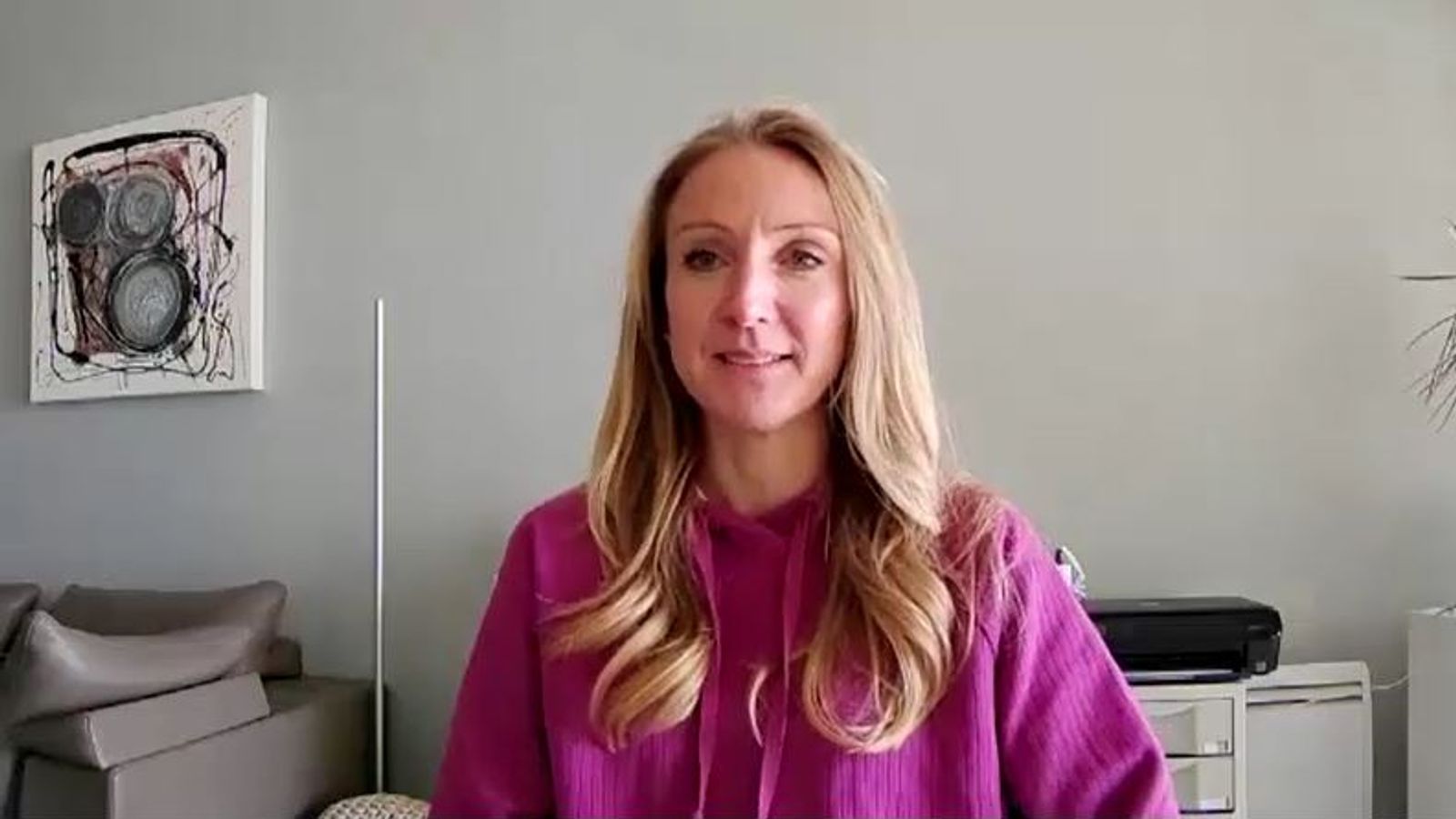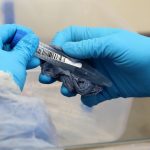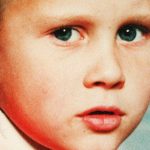As soon as the question is asked the tears start to flow because it’s still so raw.
For Paula Radcliffe, the death of her father Peter at the start of lockdown last year and her 13-year-old daughter Isla being diagnosed with a rare cancer shortly afterwards has made the past 12 months the toughest of her life.
She said: “It was really hard preceded by losing my dad in April 2020, not through COVID at all but that complicated matters.
“He actually had congested heart failure but was treated as a COVID patient and it took them a long time to understand that that wasn’t it.
“So when he seemingly recovered and his lungs were fine, they took him off the ventilator and his heart couldn’t cope.”
She added: “My dad would have been that pillar of support helping me through everything with Isla. I try and see the positives, he didn’t suffer too much, we were able to support my mum and every bit of advice I need from my dad is here anyway. He taught me that.
“By teaching me to stand on my own two feet and make the right decisions it means when I need that help from my dad, which we all need, it’s there. When I think deeply enough I know what he would be advising.
“We raised a little glass in celebration of Isla’s all clear and some of that was for my dad because I know he’s still there fighting for us.”
While Isla’s diagnosis rocked the family (her husband Gary Lough often works away from home coaching Mo Farah) Paula, who is Great Britain’s greatest ever marathon runner, says she could draw on her mental toughness to get her through the cancer process.
“To be honest my background in sport helped me – my dad always taught me ‘have a plan stick to it’, so here we had a plan and we stuck to it, all the family found it easier to do that,” Radcliffe said.
“When I found it difficult was when the goalposts moved. So when her white blood cell count would not be high enough to start the next round (chemotherapy) it was just a waiting game, so those times are hard.
“Isla was very strong at keeping things in perspective saying ‘mummy there are a lot of kids here having a much worse time of it than I am. I really need to just get on with it’. But yes it does put things in perspective.”
With her daughter recently being given the all-clear and going back to school, Paula is now allowing herself to look forward to working on the Olympics as a commentator, although this is a nervy time for the athletes themselves.
“It’s a really tense time in any Olympic year, that fine line between piling everything into training and getting into the best shape possible and overcooking it a little bit, trying too hard.”
She predicts a different set of winners than the ones we might have seen last year.
“I remember saying to athletes this time last year when we were all in that hopeful stage where we thought this would last a couple of months and the world would get back to normal, the people who handled the uncertainly and were able to take each day at a time do what they could and not stress about what they couldn’t do would be the people who are going to succeed in Tokyo,” she said.
But she predicts a successful games for Team GB with many options for medals.
“That strength we had last year with Dina (Asher-Smith) and Kat (Katerina Johnson-Thompson), she, unfortunately, had an injury but she is coming back from that and I think even if she is even close to 100% fit then she is a medal contender.
“I don’t have any doubt they have the capability to step up. Laura Muir too and Gemma Reekie – this has given her another year to build on the potential she showed indoors and backing her up is Keely Hodgkinson, who came through and you’d never expected her to have an Olympic place had Tokyo gone ahead this time last year.
“This, for her, is an Olympic opportunity without too much pressure because she is the baby of the team. Athletes like that might come through and seize the opportunity and come away with a medal.”
While Paula won the London Marathon three times, the New York Marathon three times and held the women’s world marathon record for 16 years, the Olympics were never a happy hunting ground for her.
In four Olympic games, the closest she came to a medal was fifth and even with the now infamous “food processing” problems of 2004 she wouldn’t want to go back in time and try again.
She said: “I try not to do that – it’s one of my rules ‘no regrets’. Look back and learn from things that have gone wrong but don’t keep dwelling and don’t keep that bitterness and sadness boxed up and carry it around with me.
“If I look back at Atlanta I did my finals that year and I finished fifth and I came off the track and didn’t think I’d run well but I didn’t think it was a failure.”
When the 2020 Olympics get underway a year late in 90 days time, it will be thanks to an even bigger organisational effort than usual due to the pandemic, but still one thing that can be predicted is that there will be cheats, who will have prospered because of COVID.
“I would love for there one day to be a completely drug-free completely cheating free Olympics,” Radcliffe said.
“I think we’re getting there but sadly I don’t think we’re there just yet. I think there will be people cheating in Tokyo and there will be people getting away with it because of the pandemic. The drug testing authorities haven’t been able to do their job as well as they normally would.
“Sadly it won’t be drug-free but I think we are a step closer to the Utopia drug-free sport we’re looking for.”






















